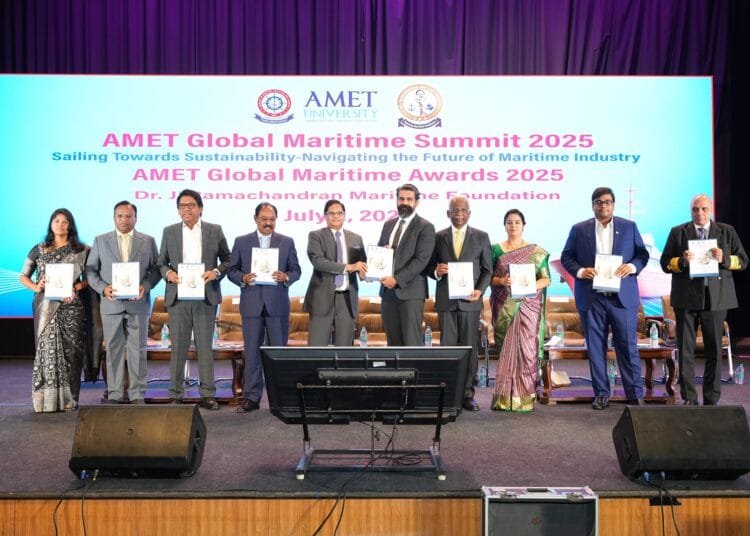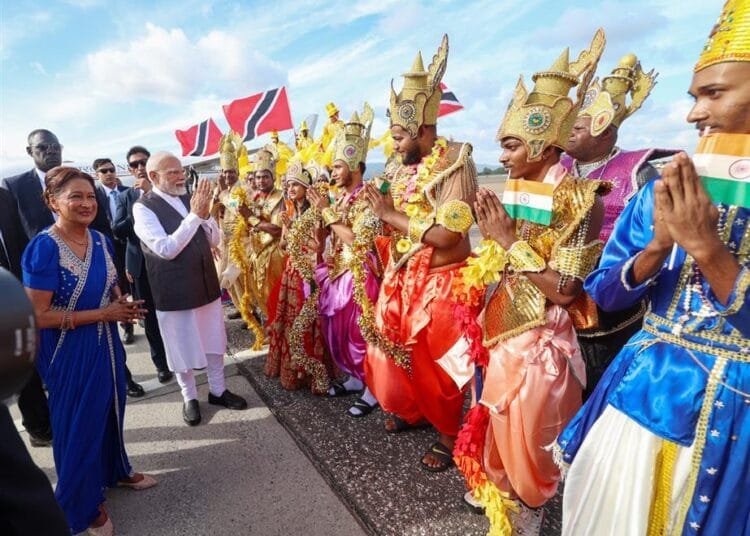Focus on Silk Route

India must lead in the revival of Silk Route to re-emerge as a hub for the Asia-Europe trade as it was in the ancient times, says a senior executive at the United Nations Economic and Social Commission for Asia and the Pacific (UNESCAP).
“South Asia can again be a hub of economic activities through improved connectivity,” said Nagesh Kumar, director of UNESCAP’s South and South-West Asia Office.
“Reviving the Asian trade route would put South Asia at the centre of Europe and East Asia,” said Kumar, calling on India to explore the full potential of the region.
He commended India with the fast pace development of the eastern side of Silk Road through India-Myanmar-Thailand Trilateral Highway and the Bangladesh-Bhutan-India and Nepal Motor Vehicles Agreement.
But India has to start work on the western side of the Silk Road, having already worked out strong partnerships with Iran and Afghanistan, noted Kumar.
“There is a very interesting proposal of the International North South Transport Corridor (INSTC) linking South Asia and Central Asia through port of Bandar Abas or Chhabbar port in Iran connecting with South Asia the Central Asian Republics.
“UNESCAP has also proposed extension of the Istanbul-Tehran-Islamabad Container Train Corridor to Delhi-Kolkata-Dhaka and Yangon, using existing operational interconnections along the Trans-Asian Railway Routes,” he said.
These two corridors had the potential to make the South Asia a hub of trade of Europe and Central Asia with East Asia, benefitting particularly the landlocked countries in South Asia such as Afghanistan and those in Central Asia emerge as land bridges linked up through multimodal routes.
Kumar also underlined India’s strong relationship with UNESCAP, since its establishment in 1947 and as the host of UNESCAP’s South and South-West Asia (UNESCAP-SSWA) Office since 2011. UNESCAP-SSWA fosters regional cooperation between the ten countries in the subregion for inclusive and sustainable development.
India also hosts UNESCAP’s Asian and Pacific Centre for Transfer of Technology (APCTT) since 1977, which assists the ESCAP member states in capacity building for transfer and development of technology.
As a fast growing economy, India’s development experience and technologies can be valuable for other developing countries. These offices are striving to facilitate the sharing of experiences and knowledge between India and other developing countries in South Asia and beyond. fii-news.com









